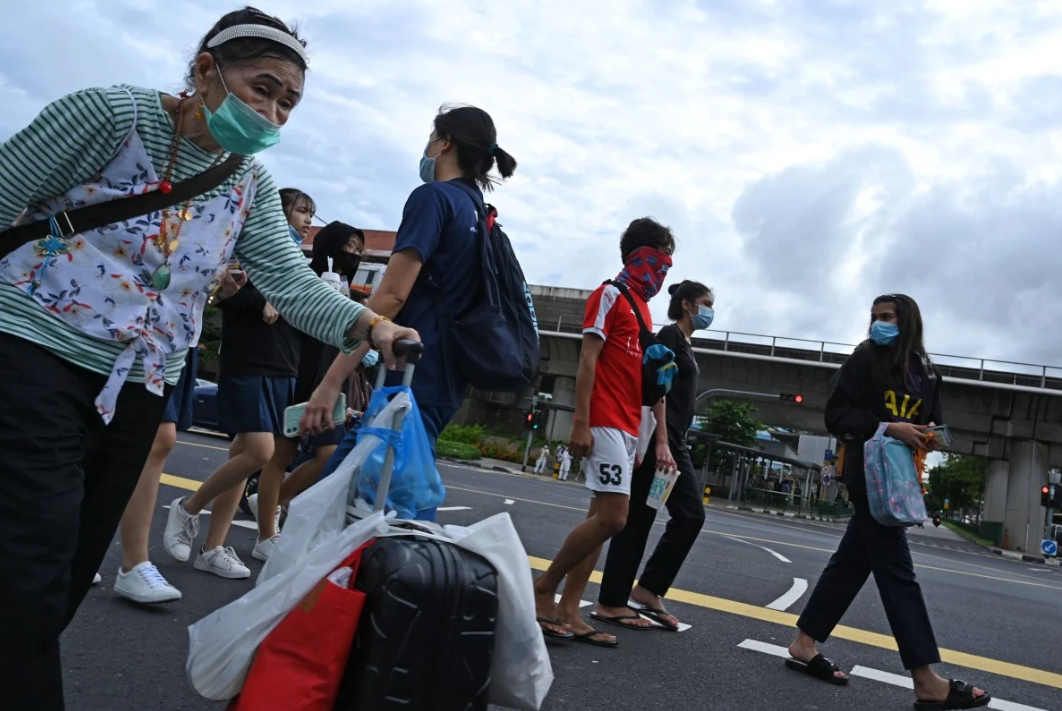Singapore’s finance ministry unveiled an additional S$1.1 billion (equivalent to US$802 million) aimed at assisting households in coping with the rising cost of living. This comprehensive package encompasses an extra payout of up to S$200 for 2.5 million adult Singaporeans, representing nearly half of the nation’s population, to be distributed in December.
This initiative, in addition to the previously announced S$1.5 billion in support back in June, primarily targets individuals in the lower and middle income brackets. Despite a general moderation in price increases, as evidenced by the city-state’s central bank’s core inflation gauge reaching its lowest point in 15 months, consumers are expected to feel the pinch due to mounting expenses like electricity tariffs and proposed hikes in public transportation fares and water prices.
The ministry in a statement said that while inflation had come down from its peak, “households are still dealing with the impact of price increases in various areas”.
Most economists anticipate that the central bank will maintain its current monetary policy settings during the upcoming review, primarily due to a weak growth outlook and inflation that, while still relatively high, is showing signs of easing. The Ministry of Finance has revised its GDP growth projection for the year to a range of 0.5% to 1.5%, down from the previous range of 0.5% to 2.5%, with the economy having grown by 3.6% in 2022.
Deputy Prime Minister and Finance Minister Lawrence Wong emphasized that while economic growth has been lackluster, a recession is not expected this year. However, he pointed out that downside risks are significant, and global disruptions to food and energy supplies are potential concerns.
In August, inflation decreased to 3.4%, a notable decline from the 5.5% recorded in January and February.
(Source: Xinghui Kok | Martin Petty | Reuters | South China Morning Post)









